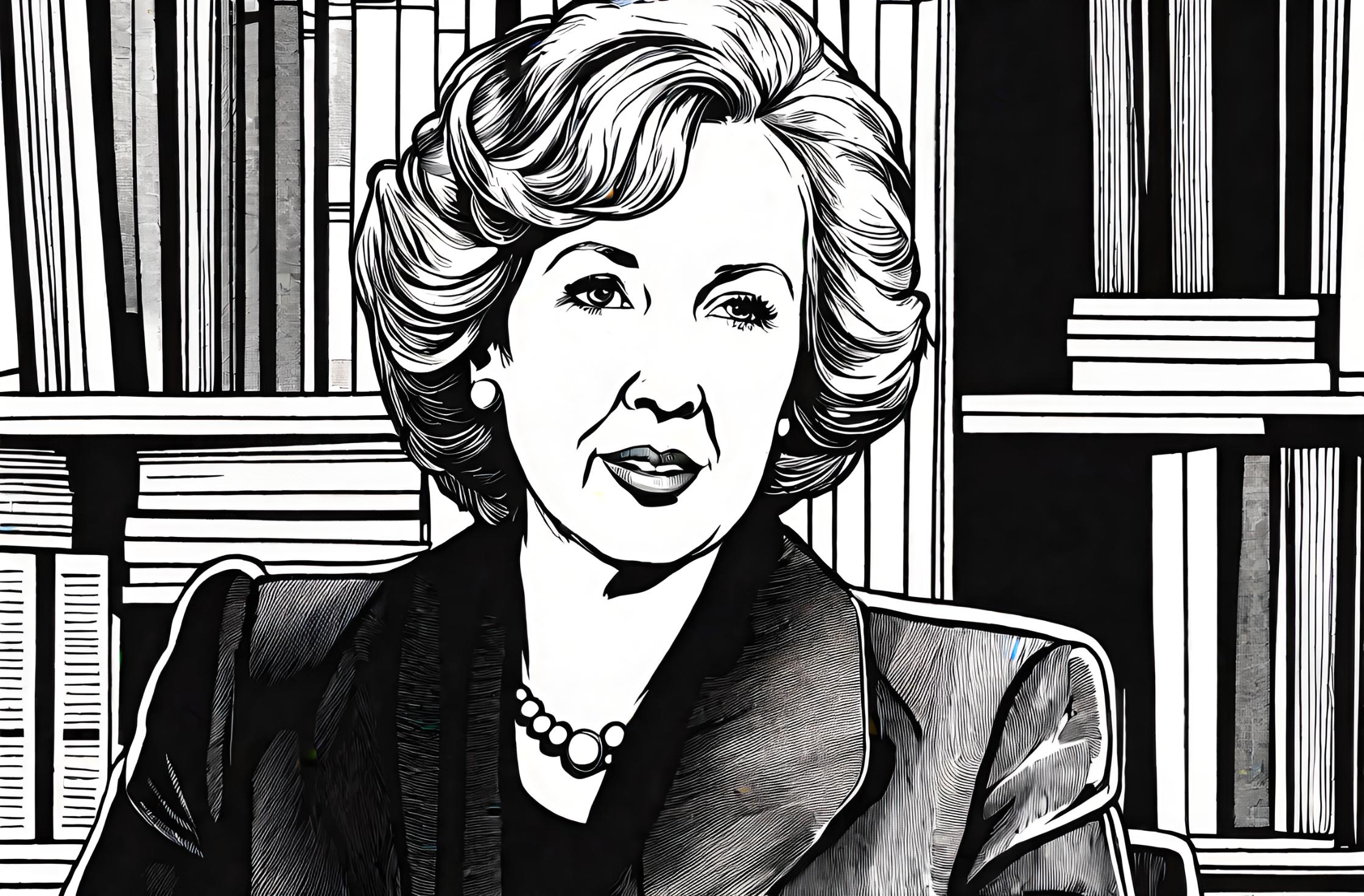Flashback to June 25
World History

On June 25, 1950, one of the most significant events in Korean history took place – the Korean conflict began with North Korea invading South Korea. This event marked the start of a three-year war that would have a lasting impact on the Korean Peninsula and the rest of the world. In this article, we will delve into the details of this conflict and its consequences.
The Korean conflict was a result of political tensions between North and South Korea, which had emerged following the division of the country after World War II. The North, under the leadership of Kim Il-sung, a communist regime backed by the Soviet Union and China, aimed to reunify the country under its control. In contrast, the South, led by President Syngman Rhee and supported by the United States and its allies, aspired to maintain a non-communist democratic state.
The invasion of South Korea by North Korean forces on June 25, 1950, caught the world by surprise. The attack began with a massive artillery barrage followed by ground forces crossing the 38th parallel, the demarcation line separating the two countries. North Korea made substantial initial gains, swiftly capturing Seoul, the capital of South Korea, within three days.
The international community responded swiftly to the aggression. The United Nations Security Council, with the Soviet Union absent, passed a resolution condemning North Korea’s actions and calling for an immediate withdrawal. The United States, as a key member of the UN, was instrumental in assembling a multinational force to support South Korea. Over the course of the war, 22 countries, including the United Kingdom, Canada, Australia, and Turkey, sent military personnel and resources to aid the South.
The Korean War intensified after the initial invasion, with both sides fighting fiercely for control of the Korean Peninsula. The war quickly devolved into a brutal conflict, characterized by guerrilla warfare, devastating air bombardment, and high civilian casualties. The United States, under the leadership of General Douglas MacArthur, launched a bold amphibious landing at Inchon in September 1950, pushing North Korean forces back and recapturing Seoul.
However, the tide of the war turned once again in late 1950 when China, fearing a U.S.-led unification of Korea under a pro-Western government, intervened on behalf of North Korea. The Chinese People’s Volunteer Army launched a massive offensive that pushed UN forces back to the 38th parallel, resulting in a stalemate that would last for the remainder of the war.
After three years of intense fighting and unsuccessful peace negotiations, an armistice was signed on July 27, 1953, effectively ending the Korean conflict. The armistice created a demilitarized zone along the 38th parallel and established a ceasefire that continues to this day. However, a formal peace treaty was never signed, and the Korean Peninsula remains divided between North and South Korea, with ongoing tensions between both countries.
The Korean conflict had far-reaching consequences, not only for the Korean Peninsula but also for the global stage. Firstly, it highlighted the deep ideological divide between the East and the West, with the war serving as a proxy battleground for the larger Cold War between the United States and the Soviet Union. The conflict solidified the United States’ commitment to containing communism and defending its allies in East Asia.
Secondly, the Korean War had a significant impact on the Korean people, leading to the loss of millions of lives and the displacement of countless individuals. Families were torn apart, and the scars of the war continue to be felt today. The conflict also had a profound economic impact, as both North and South Korea had to rebuild after the devastation of the war.
the Korean conflict that began on June 25, 1950, when North Korea invaded South Korea, was a pivotal event in history. It shaped the geopolitical landscape of East Asia, deepening the divide between communism and democracy. The war’s consequences, both in terms of human suffering and global politics, serve as a reminder of the enduring impacts of armed conflicts.
We strive for accuracy. If you see something that doesn't look right, click here to contact us!
Sponsored Content

Kim Campbell becomes the…
On June 25, 1993,…

Korean conflict begins; North…
On June 25, 1950,…

Irish police foil an…
On 6/25/1985, Irish police…

Litas currency is introduced…
On 6/25/1993, Lithuania introduced…

Simon de Montfort a…
On 6/25/1212, Simon de…

E F Helin and…
On June 25, 1979,…

